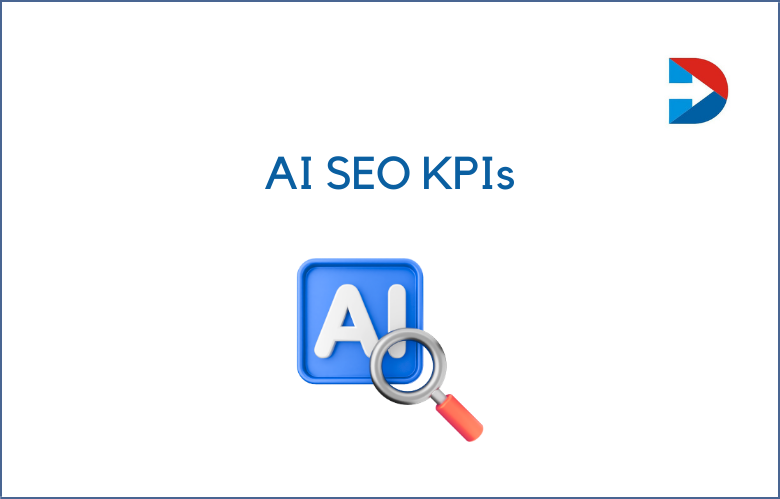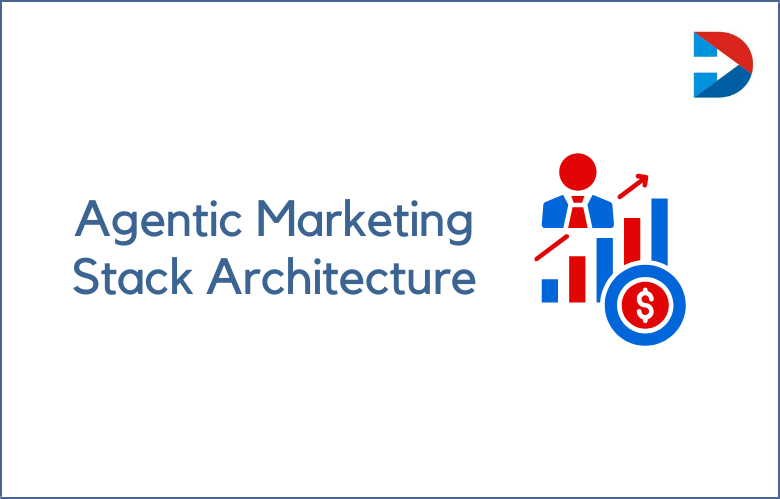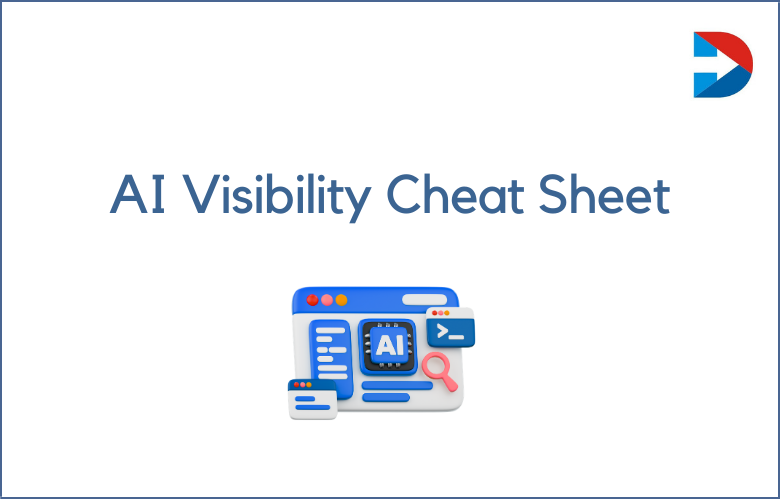
In today’s competitive job market, having a strong employer brand is more important than ever.
A company’s reputation for treating its employees well and offering a positive work environment can be a significant selling point for job seekers. But employer branding is more than just attracting top talent. It’s also about retaining employees and building a loyal customer base.
We’ll explore the concept of employer branding, why it matters for your business, and how to develop a strong employer brand that aligns with your company’s values and culture.
What is Employer Branding?
Employer branding refers to the image a company projects as an employer. It includes everything from the company’s mission statement and values to employee benefits and work culture.
A strong employer brand is built on trust, transparency, and a commitment to employee satisfaction. It can help your business attract top talent, retain employees, and foster customer loyalty.
Why does employer branding matter?
There are several reasons why employer branding matters. First and foremost, a positive employer brand can help your business attract and retain top talent. When employees feel valued, supported, and challenged at work, they are more likely to stay with the company long-term.
A strong employer brand can also make your business more attractive to customers. People want to do business with companies that treat their employees well and are seen as positive societal contributors.
How can you develop a strong employer brand?
Developing a strong employer brand requires deeply understanding your company’s values and culture.
It starts with creating a mission statement and core values that reflect the company’s overall vision and goals.
From there, you can work on developing employee benefits and policies that align with those values. It’s also essential to foster a positive work culture by encouraging open communication, collaboration, and employee development.
Employer Branding Is Crucial for Your Business’s Success?
In today’s hyper-competitive job market, a company’s reputation as an employer has become incredibly important.
As such, there has been a shift towards ’employer branding’: building a solid and positive reputation as an employer.
If your company still views recruiting as a ‘necessary evil’ or simply a check-box exercise, it’s time to examine why employer branding is crucial for your business’s success.
Tips for building a strong employer brand:
Start with your mission statement and values: Your employer brand should reflect your company’s overall mission.
Develop employee benefits and policies that align with your values: Consider offering flexible work arrangements, wellness benefits, and professional development opportunities.
Foster a positive work culture: Encourage open communication, collaboration, and employee recognition.
Use social media to promote your employer brand: Share photos and stories that showcase your company culture and highlight your employees’ achievements.
Monitor and maintain your employer brand: Regularly gather feedback from employees and customers to ensure you are living up to your employer brand promises.
Crafting an Effective Employer Branding Strategy?
In today’s hyper-connected world, it’s become increasingly important for companies to invest in employer branding.
A strong employer brand allows organizations to attract and retain top talent and helps establish a positive reputation for customers, investors, and other stakeholders.
The upside is clear, but where do you start? I will outline five key steps to crafting an effective employer branding strategy.
Define Your Employee Value Proposition
The first step in developing an effective employer branding strategy is to define your employee value proposition (EVP). Your EVP is the unique set of benefits and rewards employees receive in exchange for their skills, capabilities, and experience.
Take time to identify what sets you apart from other employers, whether it’s your flexible work arrangements, opportunities for growth and development, or employee perks. Understanding what makes you unique will help you craft a compelling brand message that resonates with your target audience.
Conduct Market Research
With your EVP in place, it’s time to conduct market research to understand how your brand is perceived by employees, job seekers, and other stakeholders.
This can involve conducting surveys, focus groups, or interviews to gather insights about your company’s reputation, values, and culture.
It would help to research your competitors to see how they position themselves in the talent market. With this information, you can develop messaging and positioning that differentiates your brand and resonates with your target audience.
Develop a Content Strategy
To communicate your employer brand effectively, you need a robust content strategy that includes a mix of owned, earned, and paid media.
This might include developing a careers page on your website, creating videos that showcase your company culture, or partnering with influencers or thought leaders in your industry to help amplify your message.
Ensure your content is visually appealing, authentic, and aligns with your brand messaging to reinforce your EVP and engage your target audience.
Leverage Social Media
Social media is a powerful tool for employer branding, allowing you to connect with potential candidates and showcase your company culture in real time.
Platforms like LinkedIn, Twitter, and Instagram offer unique opportunities to engage with candidates, share your brand story and showcase the people and initiatives that make your company great.
Use social media to humanize your brand, demonstrate thought leadership and connect with candidates who are passionate about your mission and values.
Measure and Optimize
As with any marketing strategy, measuring and optimizing your employer’s branding efforts over time is essential.
Use metrics like engagement rates, website traffic, and applicant quality to assess the effectiveness of your messaging and content strategy. Continually refine and improve your messaging based on insights and feedback from your target audience.
You can build a strong, authentic, differentiated employer brand that will attract top talent and enable long-term success by continually iterating and improving your strategy.
Conclusion:
Employer branding is a critical component of any organization’s talent strategy. You can build a solid and differentiated employer brand that resonates with your target audience by crafting an effective EVP, conducting market research, developing a content strategy, leveraging social media, and measuring your results.
Remember that employer branding is an ongoing process and requires regular refinement and optimization to stay relevant and practical. With these critical steps in mind, you can build a compelling and authentic brand that will make you stand out in the fiercely competitive talent market.
A strong employer brand can be a competitive advantage in today’s job market. It can help attract and retain top talent, build customer loyalty, and drive business success.
By developing a clear mission statement and values, offering employee benefits that align with those values, fostering a positive work culture, and promoting your brand through social media and other channels, you can build a strong employer brand that sets your business apart.



